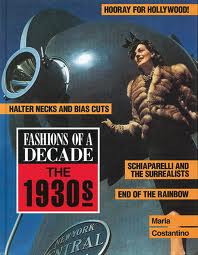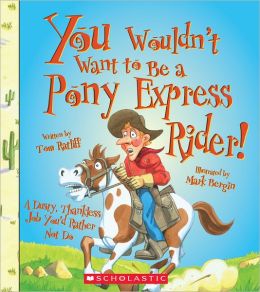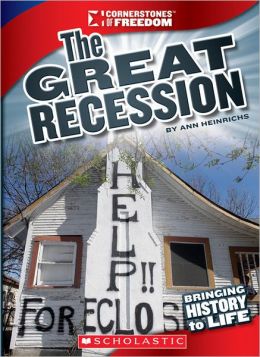I’m currently doing science about access features in children’s non-fiction, which has me looking through about 200 books this week from every section of the Dewey Decimal System. This includes all the sections in which I’d normally not venture, and I’m pleased to say I’ve learned some things.
This code of motion picture standards began in the 30s and was in effect in some form until 1968. I learned about it in a book about the fashion of the 1930s:
In a pop-out box about the burgeoning film industry, the book described the Hays Code as:
…prohibiting “scenes of passion”, unpunished acts of adultery or seduction, profane and vulgar language like the words guts and nuts, nudity, cruelty to animals and children or showing any representations of childbirth, the Hays Code also outlawed depictions of certain types of crime. Gangster films could no longer show machine guns or even allow the screen gangsters to talk about weapons. The code also insisted that law enforcement agents never be shown dying at the hands of criminals and that all criminal activities shown were duly punished.
So Golden Age Hollywood did not love a cheeky villain.
2. The Pony Express only lasted for 19 months
This sad dose of reality brought to me by:
I actually really love the You Wouldn’t Want To Be… series, with such titles as “You Wouldn’t Want to be a Victorian School Child” and “You Wouldn’t Want to be Mary Queen of Scots”. I love its underlying premise of “Look how much history sucked, children.” Because, man, did it ever. The smell alone would probably kill me, and there are two separate books in this series just about pre-modern medical practices. A younger me probably could have benefited from reading “You Wouldn’t Want to Live in a Medieval Castle” or “You Wouldn’t Want to be a Samurai” because the media had given me the total wrong impression about how awesome things were, totally downplaying all the uncomfortable grossness of a time before sanitation and advil.
Anyway, this one was about the pony express and what was expected of the riders. They tried to downplay the fact that service only lasted for 19 months before telegraphs came in–and was interrupted for various conflicts with Native Americans–but it still crushed my mental image of what this was all about.
3. Someone wrote a children’s book about the housing bubble
This book is bizarre, and reading it is pretty surreal. My favorite parts were a picture of an aisle inside what is clearly a Whole Foods with the caption “Many Americans bought grocery items in bulk to save on food costs during the recession” and a picture of Bennigan’s explaining how chain restaurants closed in 2008 because more people were eating at home. Newsflash future child readers: Bennigan’s closed because it was Irish-themed terribleness and people still buy groceries in bulk because we are still poor. I guess that’s why it was so weird–it adopted the same tone as the pony express book, like it was explaining the strange and distant past to me, except that it was really just telling me about 2009. My life has not changed noticeably since 2009! I’m still buying groceries in bulk and complaining about the rising cost of fuel, stop using such definitive past tense.
Also, according to the big bold text at the end “The Great Recession officially lasted 18 months” which is even less time than the pony express operated, yet somehow this book is longer.
Back to the library science mines!



Because when I think “man, I need to cut back on grocery expenses,” the first thing I do is go to Whole Foods.
Actually, Whole Foods is the closest grocery to me, which is unfortunate. And they have a lot of delicious cheeses, which is ditto.